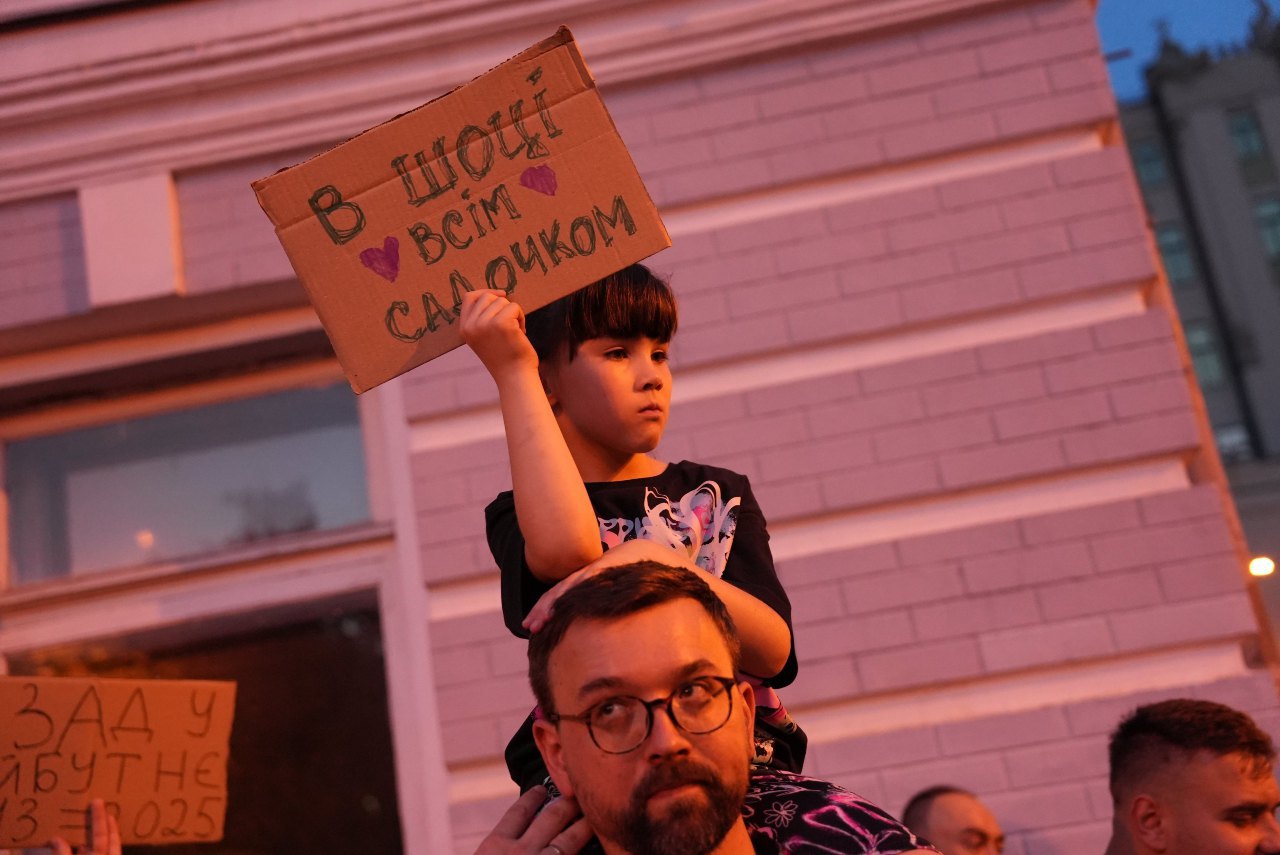
Project of 48 MPs
Immediately after the adoption of the law on the subordination of anti-corruption bodies to the Prosecutor General, deputies from the Holos and European Solidarity factions began collecting signatures and drafting a bill to repeal the amendments adopted on 22 July.
Subsequently, 48 MPs registered a document that provides for amendments to the Criminal Procedure Code of Ukraine and the Law ‘On the Prosecutor's Office.’ Its main goal is to abolish the expanded powers of the Prosecutor General over anti-corruption agencies, restoring the independence of the SAPO and NABU in pre-trial investigations.
Interestingly, the draft was even signed by several MPs from the Servant of the People party, who had previously supported restrictions on the powers of NABU/SAP. In particular, Mykyta Poturayev, Fedir Venislavskyy, Ihor Vasyliv, Tetyana Tsyba, Oleh Bondarenko, Oleksiy Movchan, Serhiy Kozyr, Pavlo Frolov, and Hanna Bondar. And three MPs from Batkivshchyna: Lyudmyla Buymister, Vadym Ivchenko, and Valentyn Nalyvaychenko (Yuliya Tymoshenko and most of her allies voted for the law abolishing the independence of NABU/SAPO).
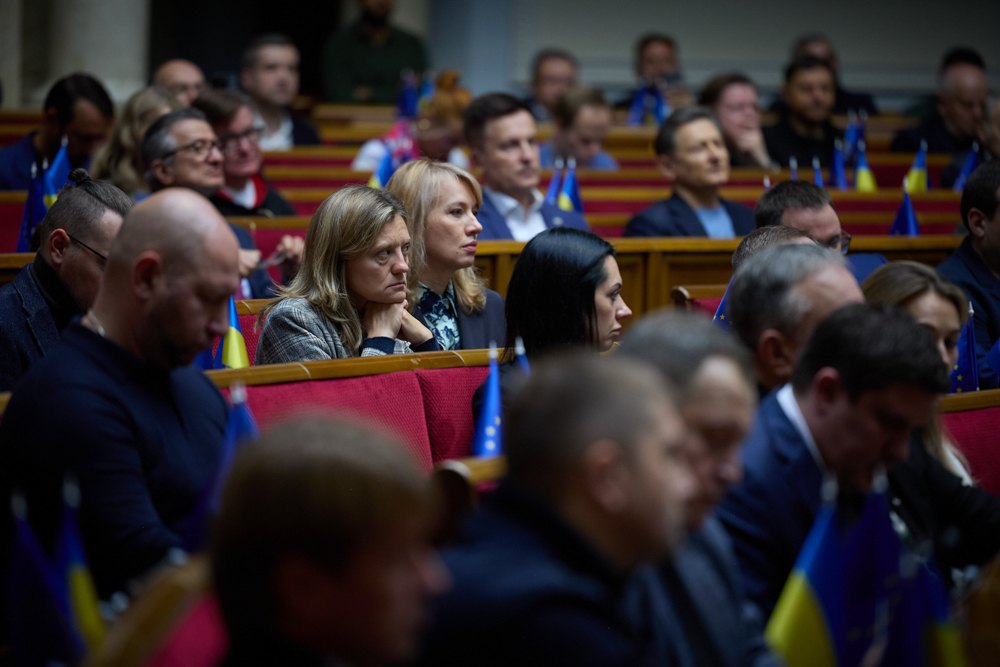
Key provisions of the draft law proposed by MPs:
— NABU and SAPO regain their powers to conduct independent pre-trial investigations and file cases without supervision by the Prosecutor General;
— Previous changes that allowed the Prosecutor General's Office to issue mandatory instructions regarding SAPO's activities are repealed;
— Extrajudicial searches are prohibited (as was the case with the searches conducted by NABU and SAPO on the eve of the adoption of the controversial law).
The opposition insists on compliance with the Rules of Procedure and the priority consideration of their draft, rather than only the draft law submitted by President Zelenskyy, which is, in fact, an alternative.
The president's response to the crisis
After submitting his draft law, President Volodymyr Zelenskyy assured journalists that the anti-corruption bodies would not be subordinate to the prosecutor general.
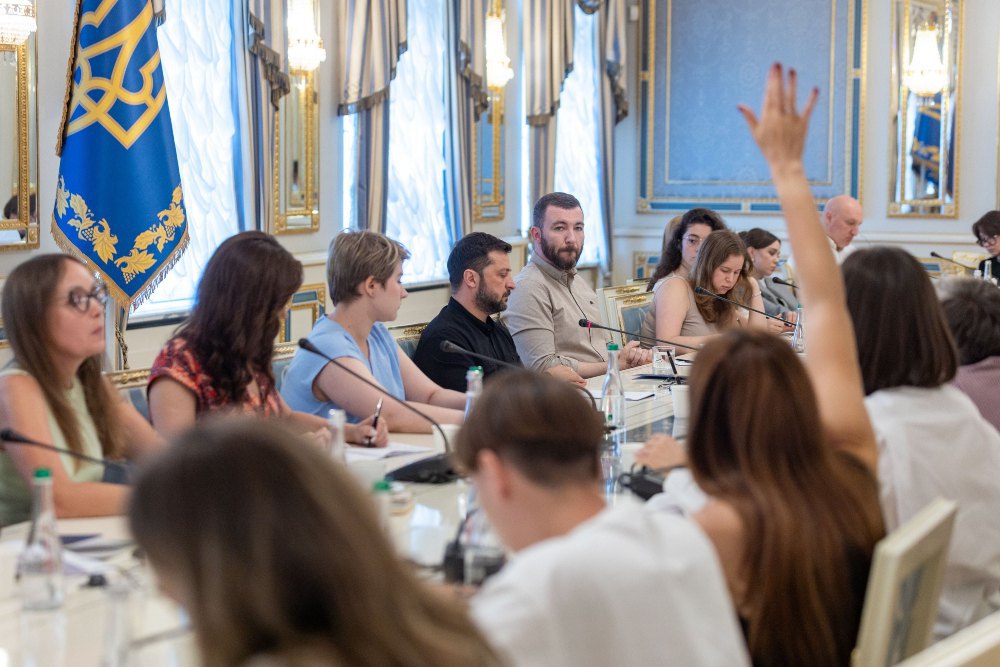
In particular, according to the analysis of the Laboratory of Legislative Initiatives (LLI), the head of state's draft provides for:
— the abolition of all procedural restrictions on the SAPO by the Prosecutor General's Office, however, the current mechanism of ‘requesting’ SAPO materials by the Office of the Prosecutor General for the purpose of verification by the Prosecutor General himself or third parties (prosecutors) remains in place, except for NABU proceedings;
— the return of the provisions on the possibility of urgent searches without a ruling by an investigating judge to the original version (amendments to Article 233 of the Code of Criminal Procedure of Ukraine).
The president explained this provision as follows: the amendment introduced on urgent searches only by court decision paralysed operational activities.
“This provision has brought the entire law enforcement system to a standstill,” said Volodymyr Zelenskyy.
The devil is in the details?
However, the final and transitional provisions of the president’s draft contain several fundamental innovations.
A new mechanism is being introduced to “purge anti-corruption bodies of the influence of Russian special services”.
In particular, "the internal control unit of NABU and other law enforcement agencies, the OPG, and the SAPO, using a methodology agreed upon with the SBU, shall conduct polygraph tests at least once every two years on law enforcement officers and prosecutors of the OPG and SAPO who have access to state secrets for actions in favour of the aggressor state."
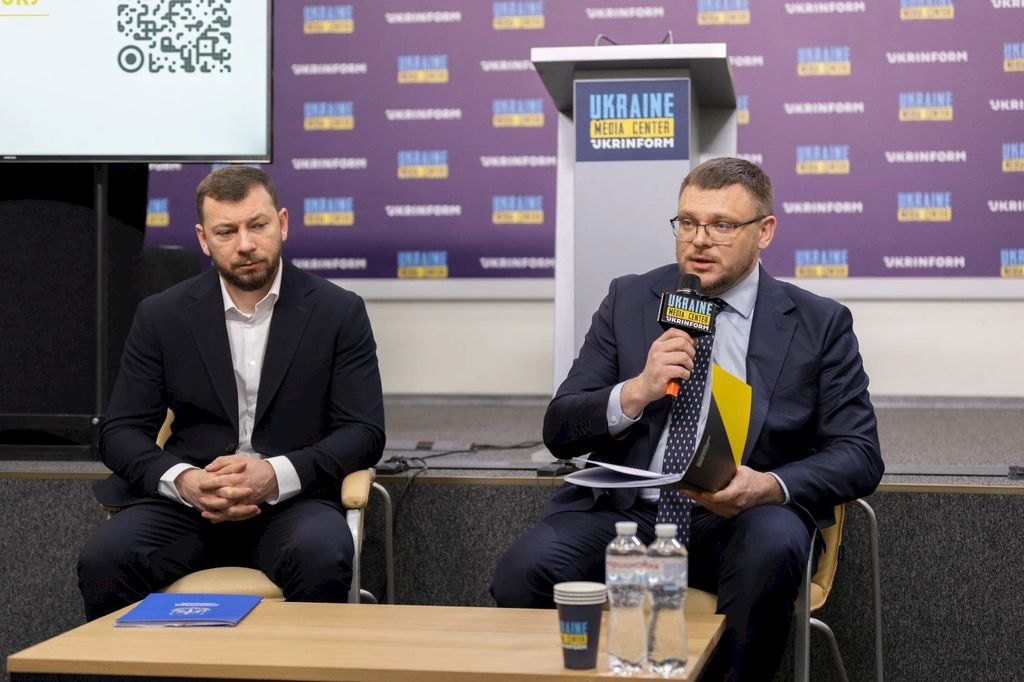
The transitional provisions also stipulate that within six months of this law coming into force, ‘the SBU shall conduct checks on employees of the National Anti-Corruption Bureau of Ukraine and other law enforcement agencies, prosecutors of the OPG and SAPO who have access to state secrets, for actions in favour of the aggressor state.’
‘Therefore, we can talk about the “dependence” of the NABU on the SBU through the introduction of a mechanism of constant polygraph checks. This undermines the institutional independence of the NABU and the SAPO, which has been built up over 10 years in the course of implementing the state's anti-corruption policy,’ the LLI warns.
However, the president emphasises that these rules on polygraph tests are ‘about protection.’
‘We are at state of war,’ said Volodymyr Zelenskyy.
The final and transitional provisions also instruct the government to amend regulatory and legal acts within a month of the law coming into force and to completely ban NABU employees from travelling abroad (except for business trips), for example, on holiday.
Will parliament vote? And what is the mood among MPs?
On 25 July, Speaker of Parliament Ruslan Stefanchuk announced that the Verkhovna Rada meeting to consider the urgent presidential bill would take place on 31 July 2025.
‘I will propose to adopt it immediately as a basis and as a whole, as well as to support its urgent signing,’ the speaker wrote.
The opposition demanded that the Verkhovna Rada be convened immediately this week. However, the Servant of the People faction has problems with such a quick mobilisation of votes.
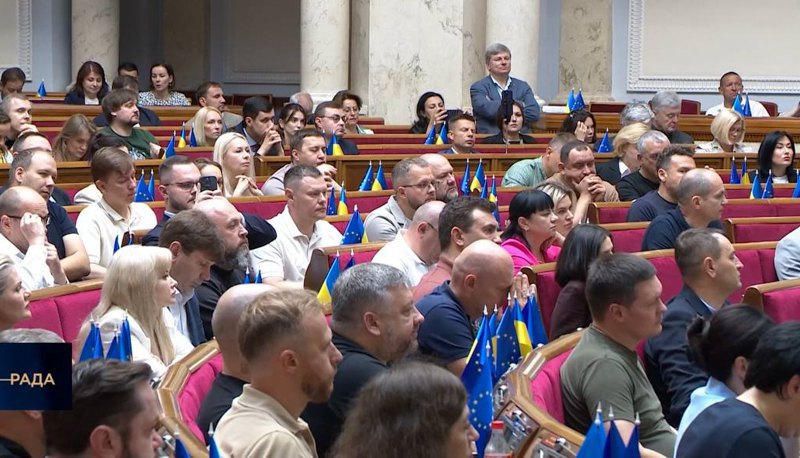
‘Many are on business trips and “business trips”,’ an influential politician from the Servant of the People party said ironically in a conversation with LB.ua, hinting that MPs had already left Ukraine on holiday, since, according to the official schedule, the next session was not due to take place until 19 August.
According to another MP, the problem is not only the physical absence of MPs in the country. ‘Now we are facing a crisis. The problem is the loss of trust within: they bent us over, we voted, and now they are demanding that we vote for repeal,’ complained one of the parliamentarians.
LB.ua's interlocutor also suggested that many of his colleagues fear not only public condemnation: ‘We all understand that the NABU and SAPO will respond with political revenge and persecution of everyone who voted “for”.’
However, in general, all of our interlocutors in the presidential faction agreed that the MPs had no choice but to vote for the law.
‘Because then they will simply set the Rada on fire,’ said one of the MPs.








